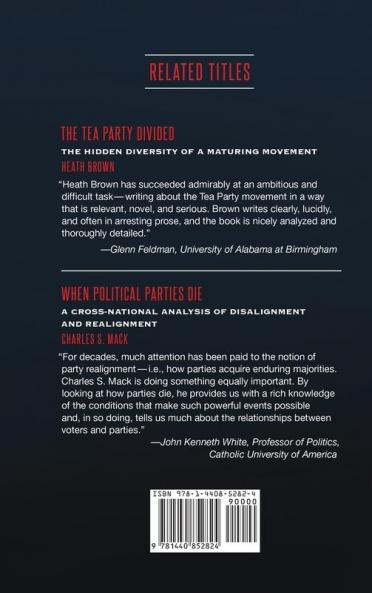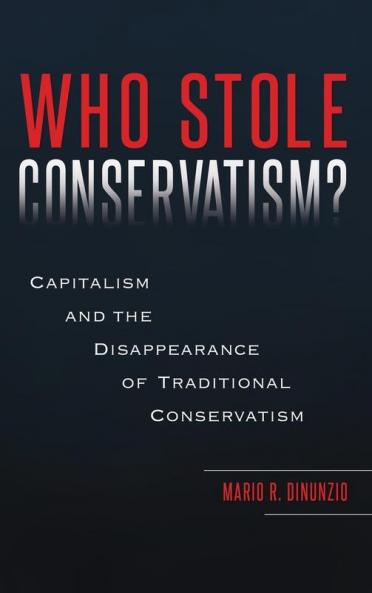This Book is Out of Stock!
English
Hardback
₹3953
₹4675
15.44% OFF
(All inclusive*)
Delivery Options
*COD & Shipping Charges may apply on certain items.
Review final details at checkout.
Looking to place a bulk order? SUBMIT DETAILS
About The Book
Description
Author
A compelling explanation of how conservatism is no longer what its founders intended and how it has been transformed into a tool of materialist economics and emptied of much of its original meaning.During America''s 19th-century Gilded Age free-enterprise capitalist ideas distorted and deeply obscured traditional political conservatism. Conservatism today argues distinguished historian Mario R. DiNunzio is a grotesque version of the ideology crafted by its founders including John Adams in America and Edmund Burke in England.This compelling book provides a survey of conservative thought and its transformation that originated in the late 19th century exposing the influence of that transformed conservatism on 20th-century American politicsfrom Hoover to Goldwater to Reagan and on to the Tea Party. It explains the historical foundations of conservative thought and the radical transformation of conservatism into a vastly different ideology primarily concerned with the defense of unfettered capitalism and extreme rights of individuals as opposed to the values of traditional conservatism: community good order tempered change and enduring values. DiNunzio challenges conservatives and scholars of conservatism to confront the differences between what passes for conservatism in modern-day American politics and the tenets of the original conservative tradition.
*COD & Shipping Charges may apply on certain items.
Review final details at checkout.
₹3953
₹4675
15% OFF
Hardback
Out Of Stock
All inclusive*
Details
ISBN 13
9781440852824
Publication Date
-31-07-2016
Pages
-192
Weight
-373 grams
Dimensions
-156x234x12.7 mm











